A wi-fi router with a built-in firewall provides security against potential threats and protects networks from unauthorized access. This device acts as a barrier between the internet and devices connected to the network, controlling traffic to prevent malicious activities and safeguarding sensitive data.
In today’s digital age, internet connectivity is a necessity. With the increasing number of devices and the rise of remote work, the need for a secure network has become even more critical. A wi-fi router with a built-in firewall offers a simple and effective solution to keep networks secure from external threats. It provides network administrators with control over who gets access to the internet and what type of content can be accessed. In this article, we will discuss the benefits of having a wi-fi router with a built-in firewall and how it can improve the security of your network.
Understanding Firewall And Its Types
Are you curious about the term “wi-fi router with built-in firewall? ” the importance of having a reliable online security system is something we can no longer overlook. Hackers are getting smarter, and the security we relied on a few years ago is no longer enough to stop them.
A wi-fi router with a built-in firewall is an essential component of any secure network. In this article, we’ll look at what a firewall is and the various types available to ensure your device is secure.
Definition Of Firewall
A firewall is a security system that protects your computer or network from unauthorized access, viruses, and malware. It protects against potential threats from the internet by filtering out suspicious traffic and data packets that may contain malicious content. It establishes a barrier between your device and any other network by monitoring incoming and outgoing traffic.
A firewall helps you to prevent unauthorized access to your system and sensitive data.
Types Of Firewall
Various types of firewalls are available on the market, each providing unique features to suit your security needs.
- Packet filtering firewalls- these firewalls examine the data packets passing through and decide whether to permit or block them based on predefined rules. They do not evaluate the packet content.
- Stateful inspection firewalls- this tool examines incoming and outgoing traffic by comparing packet information with the established connections. It doesn’t trust every incoming packet indiscriminately.
- Next-generation firewalls – these firewalls are more advanced than stateful inspection firewalls because they can monitor the application-level traffic. It can even check the content of the data packet to prevent a malicious attack.
- Proxy firewalls – this firewall receives traffic and examines it before forwarding it to the recipient’s device. A proxy firewall increases security by rejecting requests it deems suspicious or dangerous.
- Network address translation (nat) firewall – nat firewall assigns unique ip addresses to devices on your network. It conceals a device’s ip address, which makes it challenging for external users to identify which device remains active on the network and establish a connection to it.
Having a wi-fi router with a built-in firewall is essential for ensuring the safety of your personal information while online. A firewall can recognize and protect against a variety of cyber threats, including hacking, malware, viruses, and phishing attacks. With so many types of firewall available, there’s no reason not to have one in place to protect your online presence.
How A Wi-Fi Router With A Built-In Firewall Works
A wi-fi router is an essential device that allows multiple devices to connect to the internet without the need for cables. However, with more devices connected to a network, the more vulnerabilities it can face. That’s where a wi-fi router with a built-in firewall comes in.
This type of router adds another layer of protection to your home or office network, preventing unauthorized access to your data. In this blog post, we’ll dive deeper into how a wi-fi router with a built-in firewall works.
The Basics Of A Wi-Fi Router
Before we explore how a wi-fi router with a built-in firewall works, it’s essential to understand some basics of a wi-fi router.
- A wi-fi router is a device that connects multiple devices to a network wirelessly. It receives an internet signal from a modem and sends wi-fi signals for devices to join.
- The router works as a central point to manage and distribute your network connection.
- It has two ip addresses, a wan (wide area network) ip address, and a lan (local area network) ip address. The wan ip address is assigned by your internet service provider, and the lan ip address is assigned by the router to devices connected to it.
How A Firewall Works
A firewall is a network security system designed to prevent unauthorized access to or from a private network. It analyzes incoming and outgoing traffic to determine whether to allow or block specific traffic based on predetermined security rules.
- A firewall has a set of predefined rules that determine whether to allow or block certain traffic based on the traffic’s source, destination, and type.
- It can filter traffic based on the port number, ip address, or protocol to prevent attacks from known threats.
- A firewall can be hardware, software, or both.
Wi-Fi Router With A Built-In Firewall
A wi-fi router with a built-in firewall combines the functionality of a wireless router and a firewall into one device. It provides additional network protection by blocking unwanted traffic from the internet and allowing safe traffic to pass through.
- Access control: it can restrict access to certain websites, block specific ports, and even set time limits to control internet usage.
- Packet filtering: it can inspect packets of data arriving at the network and block packets that do not conform to specific protocol rules.
- Intrusion detection: it can track network activity and log potential security threats to notify network administrators of possible attacks.
- Vpn support: it can allow secure remote access to a network through a virtual private network (vpn).
A wi-fi router with a built-in firewall is an essential device to protect your network from any potential threats. By combining the functionality of a wireless router and a firewall, it provides an additional layer of protection against unauthorized access to your data.
Security Benefits Of A Wi-Fi Router With A Built-In Firewall
A wi-fi router with a built-in firewall is an essential piece of equipment that helps secure your internet connection. It provides a level of protection that most regular routers do not offer. In this blog post, we will focus on the benefits of having a wi-fi router with a built-in firewall, and we will divide it into four sections to make it easier to understand.
Protecting Your Device
The most significant advantage of having a wi-fi router with a built-in firewall is the protection it offers to your device. It acts as a barrier between your device and the internet, preventing hackers from gaining access to your device’s system.
- Prevents unauthorized access to your device
- Protects against malware and viruses
- Stops suspicious traffic from entering your network
- Provides a secure environment for online transactions
Ensuring Your Data Is Secure
A wi-fi router with a built-in firewall not only protects your device, but it also ensures your data is secure. The firewall monitors all incoming and outgoing traffic, ensuring that no one can intercept your data while in transit.
- Secure data in transit
- Prevent interception by hackers
- Secure your data on public wi-fi
- Protects sensitive information like banking and login credentials
Enhancing Customer Experience
A wi-fi router with a built-in firewall can also enhance the customer experience. A secure and reliable network connection comes with its perks, such as faster internet speeds and reliable coverage.
- Ensure faster internet speeds
- Provide reliable network connectivity
- Ensure seamless video conferencing
- Enable hassle-free streaming and gaming experience
Advanced Scanning Capabilities
Lastly, a wi-fi router with advanced scanning capabilities can detect and prevent cyber threats before they enter your network. This added layer of protection is invaluable in today’s digital world.
- Advanced scanning and detection capabilities
- Protects against phishing and malicious websites
- Prevents cyber threats before they reach your device
- Monitors your network to ensure maximum protection
A wi-fi router with a built-in firewall is a crucial investment in our current digital age. It provides a secure environment for all internet activities such as browsing, online shopping, and gaming. As a result, it offers peace of mind and a better online experience for users.
Selecting A Wi-Fi Router With A Built-In Firewall
Wireless routers have evolved to be more than just devices that provide access to the internet. Wi-fi routers with built-in firewalls have become increasingly popular among home and business users. These types of routers do more than just provide wi-fi connectivity; they also provide extra security through the firewall feature.
With the numerous options available in the market, it’s important to know what to consider when selecting a wi-fi router with a built-in firewall.
Factors To Consider
When selecting a wi-fi router that has a built-in firewall, there are several key factors to consider:
Security
Security is the primary concern when it comes to choosing a router with a built-in firewall. The firewall feature helps to guard against malicious attacks from hackers and viruses. The router should also have a variety of security features such as parental controls and the ability to create guest networks.
Speed
The router’s speed will determine how fast data is transmitted over wi-fi. The speed of the router will depend on the model, brand, and specifications. Look for a router with a high data transfer rate to ensure that the internet is working optimally.
Range
The range of a wi-fi router will determine how far the signal can reach. If the router is meant to cover a large area, consider a router with a long range, or one that can create a mesh network to extend coverage across several devices.
Price
Price is also an important factor when selecting a wi-fi router. Determine what features you need in a router, and then select a router with those features at a price point that fits your budget. Avoid overspending on features that you may not need.
Compatibility
Check that the router is compatible with the devices that you intend to connect to it. The router should be able to connect to a variety of devices, including smartphones, laptops, and other wireless devices.
Selecting a wi-fi router with a built-in firewall requires careful consideration of security, speed, range, price, and compatibility. Doing your research upfront can save you time and money, as well as provide peace of mind knowing that your wireless network is secure and reliable.
Setting Up A Wi-Fi Router With A Built-In Firewall
With wi-fi router security threats becoming more prevalent, a router with a built-in firewall is becoming increasingly important. This type of router provides an additional layer of security for your network, preventing unwanted access to your devices and data. In this blog post, we will focus on how to set up a wi-fi router with a built-in firewall.
Required Configuration
Before diving into the configuration process, it’s essential to ensure that you have the following items to setup your wi-fi router with a built-in firewall:
- A wi-fi router with an integrated firewall
- An internet connection
- A computer or laptop
Configuration Process
To set up a wi-fi router with a built-in firewall, follow these simple steps:
- Connect your wi-fi router to your modem using an ethernet cable.
- Connect your computer or laptop to the router using either a wired or wireless connection.
- Open a web browser and enter the router’s ip address into the address bar. This address is typically found on the bottom of the router or in the user manual.
- Enter the default username and password. This information can also be found on the router or in the manual.
- Once logged in, locate the firewall settings. This may be under the security or advanced settings tab.
- Enable the firewall by selecting the option to turn it on.
- Configure any additional firewall settings based on your network’s needs.
It’s important to note that the configuration process may vary slightly depending on the router model and manufacturer. Be sure to consult the user manual for specific instructions.
Setting up a wi-fi router with a built-in firewall is a simple process that can add an extra layer of security to your network. By following the required configuration steps and the configuration process, you can keep your devices and data safe from unwanted access.
Advantages & Disadvantages Of A Wi-Fi Router With A Built-In Firewall
A wi-fi router with a built-in firewall is a network security device that offers a combination of wireless connectivity and network protection to secure wi-fi networks. It serves as an active barrier between your private home network and the internet, blocking unauthorized access and preventing malicious attacks.
Having a router with a built-in firewall significantly improves network security, but it also has its advantages and disadvantages. In this post, we will explore the pros and cons of having a wi-fi router with a built-in firewall, and explain why this device is a must-have for every homeowner who values their privacy and security.
What Are The Advantages?
- network security: the primary advantage of having a wi-fi router with a built-in firewall is that it provides top-notch network security. It actively filters out unauthorized access attempts and blocks malicious traffic, keeping your home network safe from cyber threats.
- ease of use: built-in firewalls are easier to configure and manage compared to standalone firewalls. They’re also more cost-effective, making them an excellent option for those who desire a high level of protection without spending a lot of time or money.
- parental controls: many routers with built-in firewalls come with parental control features, allowing parents to monitor their children’s online activities and restrict access to age-inappropriate content. Parental controls help create a safer online environment for children and can prevent them from being exposed to harmful content.
What Are The Disadvantages?
- limited configuration options: routers with built-in firewalls offer limited configuration options. You won’t be able to modify or customize the firewall’s settings compared to a standalone firewall, which can be a drawback for those who require customized settings.
- lower performance: routers with built-in firewalls might have lower performance compared to standalone firewalls as they share system resources with other tasks, such as routing traffic.
- software issues and vulnerabilities: routers with built-in firewalls may suffer from software vulnerabilities and issues that need regular firmware updates to ensure top-notch network security continually.
Having a wi-fi router with a built-in firewall is a smart investment that offers numerous benefits for homeowners, such as enhanced security and parental controls. However, it’s worth noting that there are a few limitations that users should be aware of, such as lower performance and limited configuration options.
Despite these drawbacks, a router with a built-in firewall is an excellent way to ensure your home network’s safety and privacy.
How To Troubleshoot Basic Problems On Wi-Fi Router With A Built-In Firewall
If you’ve recently invested in a wi-fi router with a built-in firewall, you’re on the right track towards maximum online security. However, like all technology, you may experience some hiccups along the way. In this section, we’ll explore some common issues you might encounter and show you how to troubleshoot them.
Understanding Common Wi-Fi Router Issues
Before we dive into troubleshooting tips, let’s take a moment to understand some common wi-fi router problems.
- Slow internet speeds
- Signal dropouts
- Connection issues
- Forgot wi-fi password
- Firewall blocking desired websites
Troubleshooting And Fixing Wi-Fi Router Problems
Here are some tips on how to troubleshoot and fix your wi-fi router:
- Restart your router: turn it off and on again. This is often the easiest and fastest way to fix bugs in routers.
- Check for signal interference: ensure that your router is away from other electronic devices that may interfere with the signal.
- Ensure proper placement: find the right spot to place the router, one that is elevated and centrally located.
- Reset the firewall settings: double-check that firewall settings are correct to ensure you’re not blocking desired websites.
- Connect with a cable: test your internet connection by bypassing wireless and connecting with an ethernet cable.
- Reset wi-fi password: if you’ve forgotten your wi-fi password, reset it to its default settings.
Remember, most wi-fi router problems can be fixed with these simple troubleshooting tips. If the problem persists, seek out technical support or refer to the user manual for further guidance.
Comparison With Other Firewall Options
With the steady increase of internet use for personal and business purposes, it is paramount to ensure your network is safe and secure. One of the ways to achieve network security is by using a wi-fi router with a built-in firewall.
In this article, we will compare a wi-fi router with a built-in firewall with other firewall options, highlighting their key differences and functionalities.
Firewall Options
A firewall is a network security system that monitors and controls incoming and outgoing network traffic based on predetermined security rules.
- software firewall: this is a firewall that can be installed and run on a computer. It analyzes incoming and outgoing traffic on the computer and protects against malicious software and other online threats. Software firewalls usually come bundled with anti-virus packages, which can be a cost-effective option.
- hardware firewall: unlike a software firewall, hardware firewalls are implemented on a router or a stand-alone device, and they provide network-wide security. Hardware firewalls come with different security features such as vpn support, content filtering, and more. However, they are expensive compared to other firewall options.
- cloud firewall: cloud firewalls are hosted in the cloud and are managed by a third-party service provider. They offer real-time threat analysis and filtering of traffic. Cloud firewalls are a good option for businesses with a large-scale network infrastructure.
How Does A Wi-Fi Router With A Built-In Firewall Compare?
A wi-fi router with a built-in firewall offers network-wide security, and it is a good option for small to medium-sized networks.
- cost-effective: a wi-fi router with a built-in firewall is cost-effective compared to hardware firewalls.
- easy to configure and manage: setting up a wi-fi router with a firewall is easy, and you can manage it through the router’s administration interface.
- limited security features: a wi-fi router with a built-in firewall may have limited security features compared to hardware firewall and cloud firewall. However, it offers sufficient security for small to medium-sized networks.
A wi-fi router with a built-in firewall is a cost-effective and easy-to-use option for small to medium-sized networks. However, it may have limited security features compared to other firewall options. It is advisable to evaluate your network’s needs and determine the best firewall option that suits your requirements.
Trending Firewall Features For Wi-Fi Routers
Wireless routers have become an essential component in every household, school, and workplace. With the advancements in technology, wi-fi routers now come with built-in firewalls, which offer an additional layer of protection against cyberattacks. In this section, we will explore the trending firewall features for wi-fi routers that you should be aware of.
Introduction Of Network Segmentation
Network segmentation is the process of dividing a computer network into smaller subnetworks. Segmentation is a vital step towards improving the security of your network by creating a barrier around sensitive data. Additionally, it enables users to have better control over their network, providing an opportunity to track, monitor, and detect any potential cyber threats in a timely manner.
Key points:
- Network segmentation divides the network into sub-networks.
- It helps in improving network security.
- It helps in monitoring and detecting potential cybersecurity threats.
The Need For VPN Access
A virtual private network (vpn) is a tool that enables users to access the internet privately and securely by creating a private network from a public internet connection. Vpns can be used to access websites securely, protect against cyberattacks, and encrypt data.
These features are critical, especially when remote working is becoming increasingly popular.
Key points:
- Vpn provides a private and secure internet connection.
- It protects against cyberattacks.
- Vpns encrypt data and help protect privacy and anonymity.
Multi-Factor Authentication (MFA)
Multi-factor authentication (MFA) is an authentication process that requires users to provide two or more verification factors to access a network. This process adds an extra layer of security to your network by ensuring that only authorized users can access it.
MFA can include different types of verification, such as a password, fingerprint, facial recognition, or a security token.
Key points:
- MFA requires two or more verification factors to access the network.
- It provides an extra layer of security to the network.
- It can include password, fingerprint, facial recognition, or security token verification.
Wi-fi routers with built-in firewalls are vital for maintaining the security of your network. These firewalls come equipped with various features, such as network segmentation, vpn access, and multi-factor authentication, among others, that ensure maximum protection against cyber threats. By adopting these measures, users can take a proactive approach towards cybersecurity and keep their wireless network security levels high.
Frequently Asked Questions
What Is A Wi-Fi Router With A Built-In Firewall?
A wi-fi router with a built-in firewall is a device that acts as a gateway between your local network and the internet. It not only lets you make a wireless connection to the internet but also helps to protect your devices by blocking unauthorized access.
It is a valuable security tool for protecting your personal and sensitive data.
Why Is A Wi-Fi Router With A Built-In Firewall Important?
There is an increasing number of cyber attacks occurring across the globe, and it is essential to take necessary precautions to protect our valuable data. A wi-fi router with a built-in firewall helps to protect your devices from cyber threats like viruses, malware, and hackers.
It is a crucial security tool for anyone who uses the internet, especially for those who conduct business online or manage sensitive data.
What Are The Advantages Of A Wi-Fi Router With A Built-In Firewall?
The advantages of having a wi-fi router with a built-in firewall include:
- Protection against cyber threats: a built-in firewall prevents unauthorized access to your network, keeping your devices safe from malware, viruses, and other cyber threats.
- Easy setup: setting up a wi-fi router with a built-in firewall is a relatively straightforward process. Once set up, it provides automated security without requiring any extra effort on your part.
- Cost-effective: buying a wi-fi router with a built-in firewall is an affordable option compared to purchasing separate firewall software or hiring an it specialist to manage your network security.
- User-friendly interface: built-in firewall user interfaces are usually straightforward and easy to use. You can configure the firewall settings according to your preferences without needing any technical skills.
Can I Add A Firewall To An Existing Wi-Fi Router?
Yes, you can add a firewall to an existing wi-fi router. Some routers even have a pre-installed firewall that can be activated by going into the router’s settings. If your router does not have a built-in firewall, you can also install third-party firewall software on individual devices or purchase a standalone firewall device to connect to your network.
However, it is usually more cost-effective and convenient to purchase a wi-fi router with a built-in firewall instead.
What Is A Wi-Fi Router With A Built-In Firewall?
A wi-fi router with a built-in firewall is a networking device that has the capability to provide wireless internet access while at the same time offering protection against unauthorized access and potential threats from the internet. The firewall works by monitoring and filtering incoming and outgoing network traffic to guard against malicious attacks and unwanted access to your network.
Why Do I Need A Wi-Fi Router With A Built-In Firewall?
You need a wi-fi router with a built-in firewall to protect your network from unauthorized access and online threats such as malware, viruses, and cyber-attacks. The firewall acts as a barrier between your network and the internet, monitoring and blocking any suspicious or malicious traffic that may attempt to reach your devices.
Without a firewall, your network is vulnerable to security breaches and data theft, making a wi-fi router with a built-in firewall an essential component for internet safety.
How Does A Built-In Firewall In A Wi-Fi Router Work?
A built-in firewall in a wi-fi router works by protecting your network from unauthorized access and malicious attacks. It does this by blocking incoming traffic that is not authorized or doesn’t meet specific requirements set by the user. It also checks outgoing traffic for any suspicious behavior and blocks it if necessary.
This helps to ensure that your network is secure and your personal information is protected.
What Are The Advantages Of Using A Wi-Fi Router With A Built-In Firewall?
A wi-fi router with a built-in firewall provides added security for your network by blocking malicious traffic and preventing unauthorized access to your devices. This reduces the risk of cyber attacks and protects your personal information. Additionally, a router with a firewall can help manage traffic on your network, leading to improved performance and faster internet speeds for your devices.
What Are The Different Types Of Wi-Fi Routers With A Built-In Firewall?
There are three main types of wi-fi routers with a built-in firewall: consumer-grade, small business, and enterprise-grade routers. Consumer-grade routers are typically used in homes and small offices. Small business routers are designed for small to medium-sized organizations, and offer more advanced security features than consumer-grade routers.
Enterprise-grade routers are used by larger organizations and offer the highest level of security, with features such as intrusion prevention and detection systems, multiple firewalls, and vpn support.
Is A Wi-Fi Router With A Built-In Firewall More Secure Than A Regular Router?
Yes, a wi-fi router with a built-in firewall is more secure than a regular router. The firewall acts as a barrier between the internet and the devices connected to the router, blocking potentially harmful traffic and preventing unauthorized access.
How Do I Set Up A Wi-Fi Router With A Built-In Firewall?
To set up a wi-fi router with a built-in firewall, follow these steps: 1. Connect your router to your modem with an ethernet cable. 2. Connect your computer to the router using another ethernet cable or through wi-fi. 3. Open the router’s setup page by entering your router’s ip address in a web browser.
4. Navigate to the firewall settings page and enable the firewall. 5. Customize the firewall settings according to your needs. 6. Save the changes and restart the router.
Can I Customize The Firewall Settings On A Wi-Fi Router With A Built-In Firewall?
Yes, most wi-fi routers with built-in firewalls allow customization of their firewall settings. Login to your router’s configuration page and navigate to the firewall settings section to make your desired changes. However, it is recommended to have basic knowledge of firewall settings before making any changes to avoid any major security issues.
What Are The Common Security Threats That A Built-In Firewall In A Wi-Fi Router Protects Against?
The built-in firewall in a wi-fi router protects against common security threats such as unauthorized access, malware, dos attacks, port scanning, and phishing.
Does A Wi-Fi Router With A Built-In Firewall Affect The Internet Speed?
No, a wi-fi router with a built-in firewall does not affect internet speed. The firewall works in the background to protect the network from external threats, but it does not affect the data transfer rate of the internet connection.
What Are Some Of The Best Wi-Fi Routers With Built-In Firewalls Available In The Market?
Some of the best wi-fi routers with built-in firewalls available in the market include the netgear nighthawk ax12, asus rog rapture gt-ac5300, tp-link archer c5400x, and the linksys wrt3200acm. These routers provide advanced security features such as intrusion prevention, parental controls, and vpn support to protect your network from cyber threats.
Final Thoughts
As the internet becomes more prevalent in our lives, the need for secure connections has become paramount. Wi-fi routers with built-in firewalls provide an effective solution to ensure that data transfers between devices and the internet remain safe and secure.
A firewall acts as a barrier between your network and the internet, effectively blocking any unauthorized access attempts. With appropriate firewall settings, these routers create a safe browsing experience for everyone on the network. By implementing this technology, you can have peace of mind that your personal data is protected from hackers and cybercriminals.
Configuring router settings may seem like a daunting task, but thorough instructions provided with the router can make it simple. To safeguard your connection and protect your data from cyber threats, investing in a wi-fi router with a built-in firewall is a smart decision.




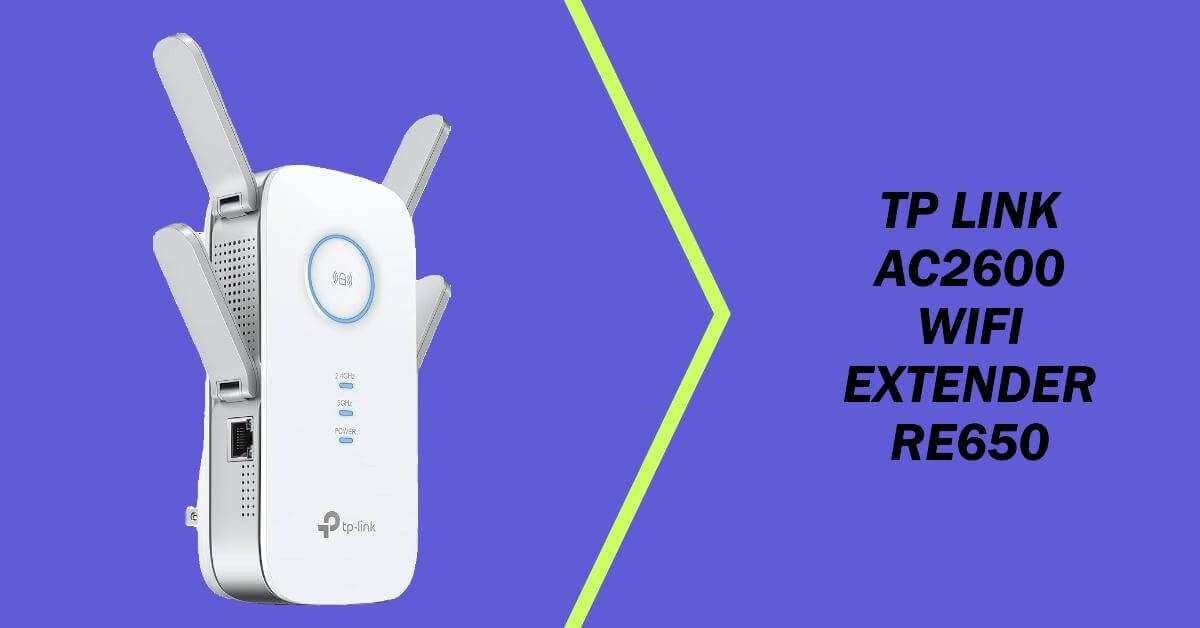
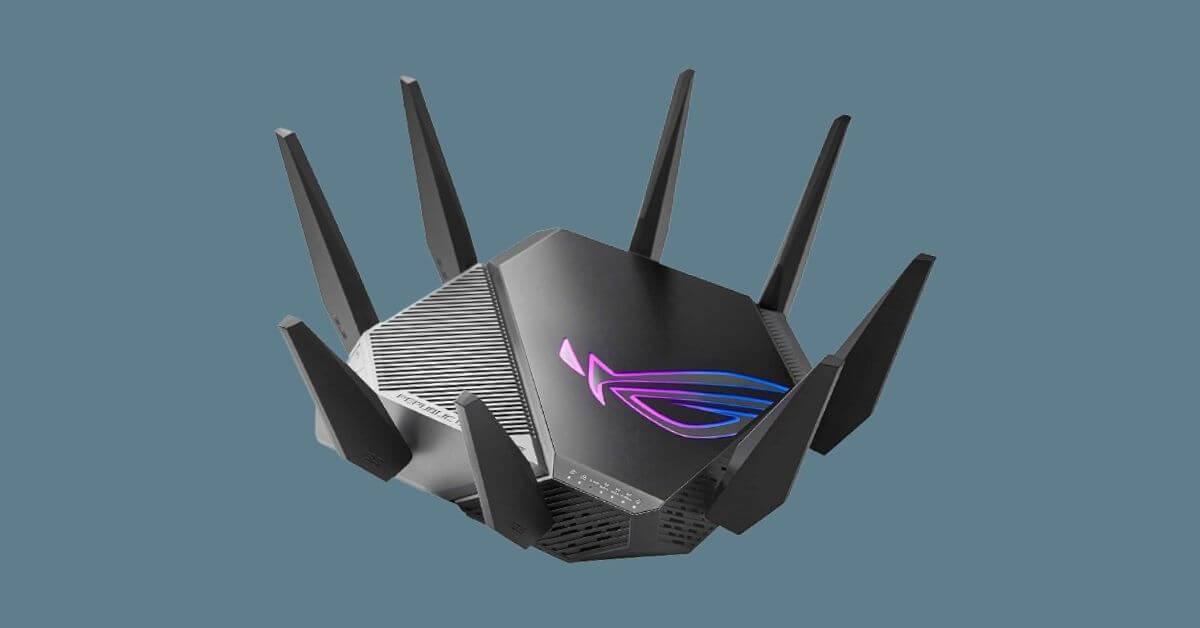
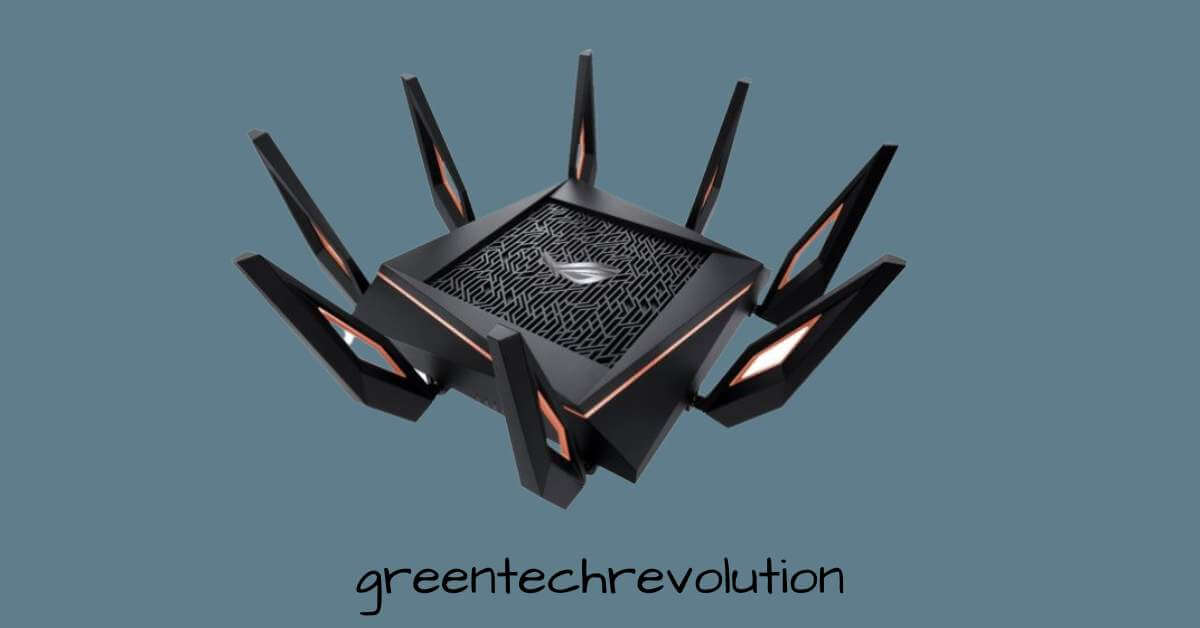
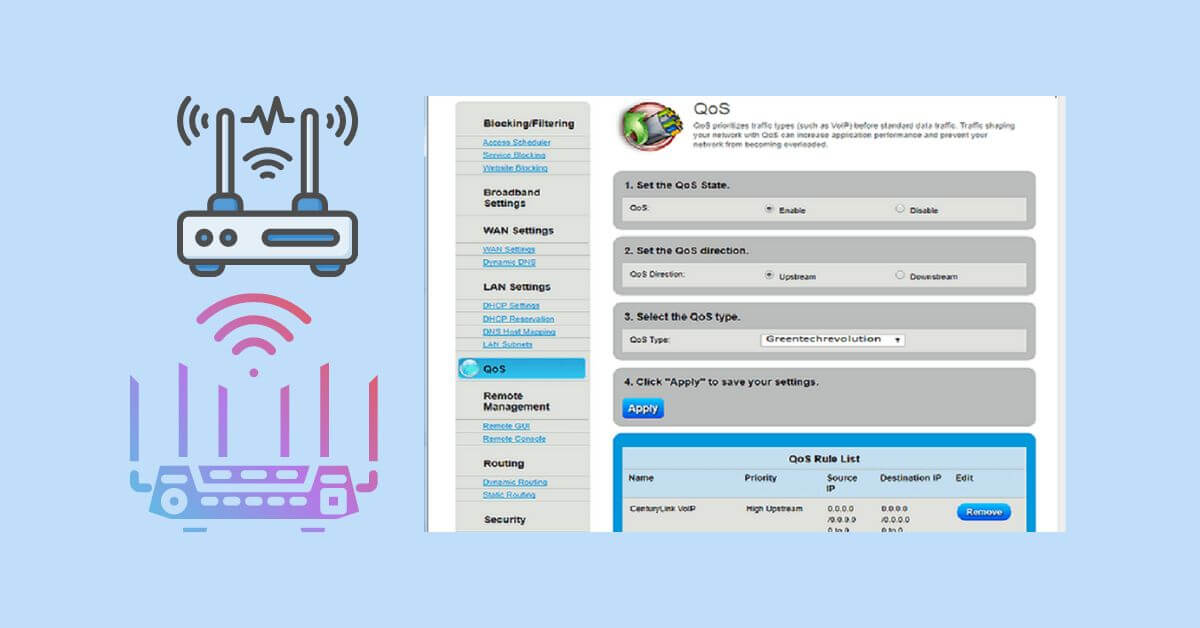
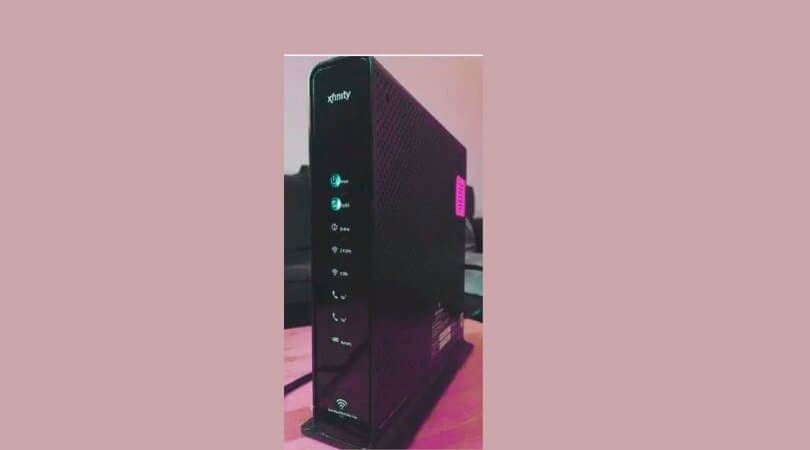
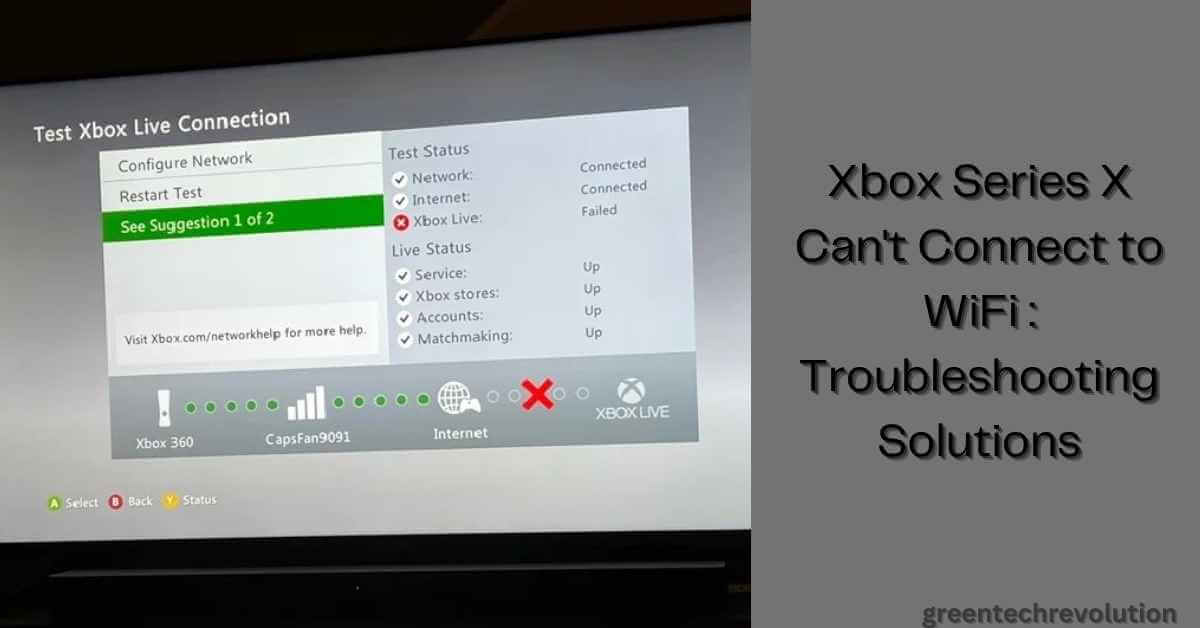
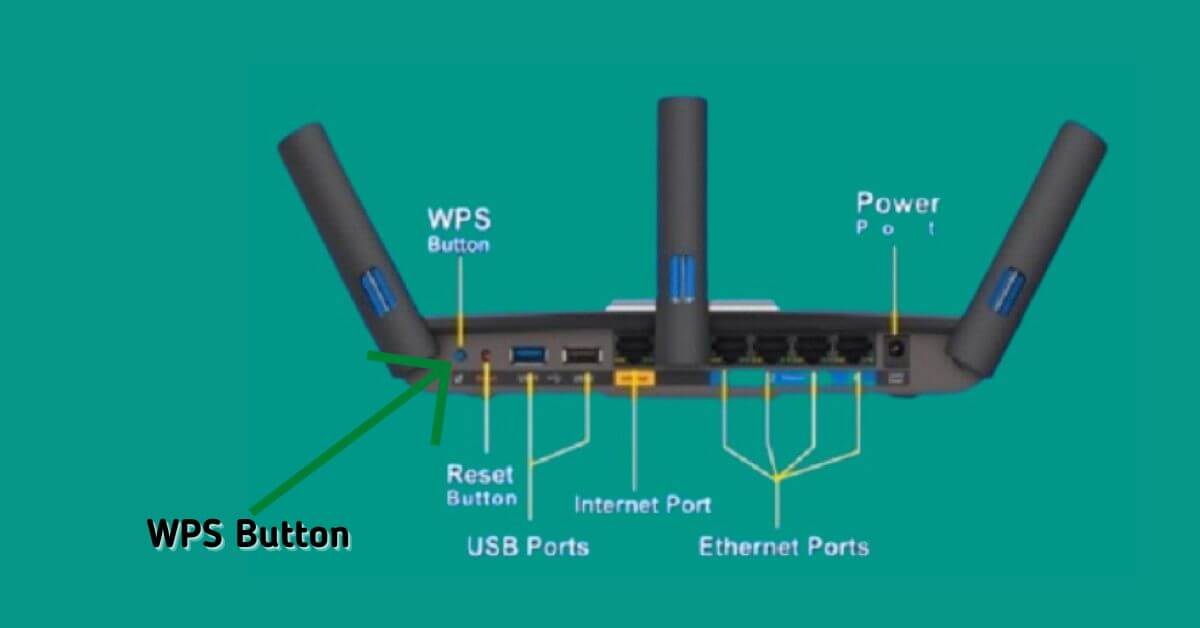
Leave a Reply
You must be logged in to post a comment.